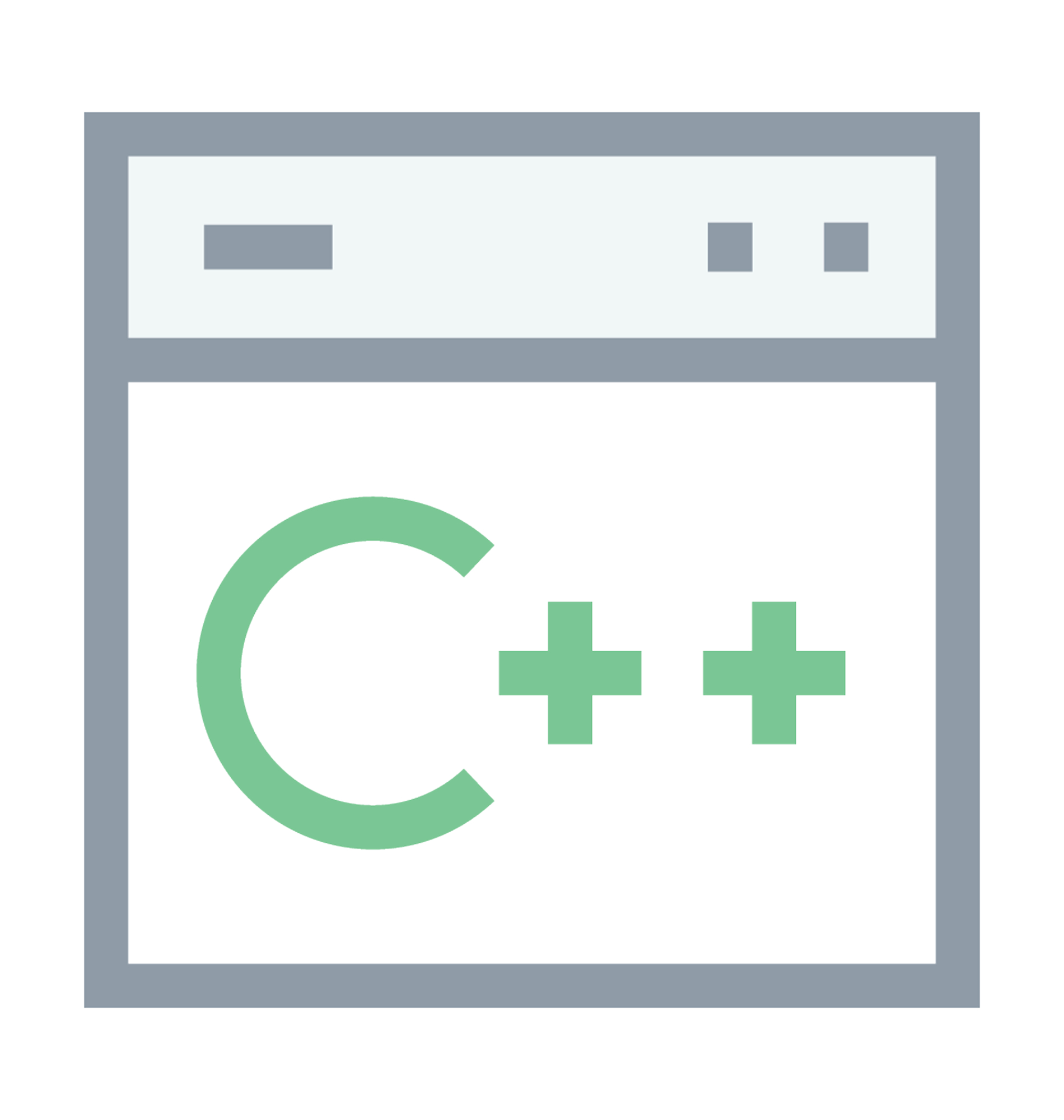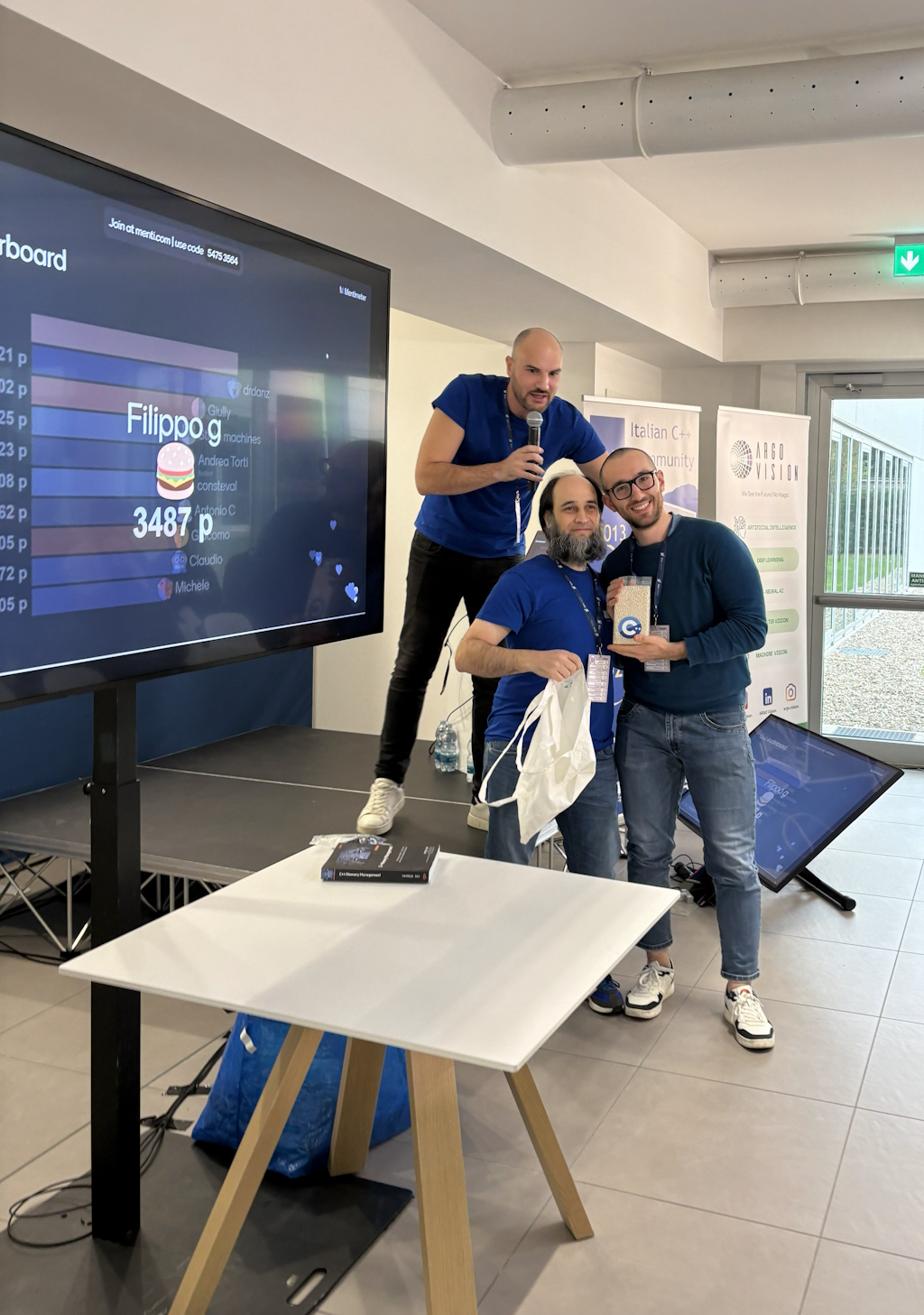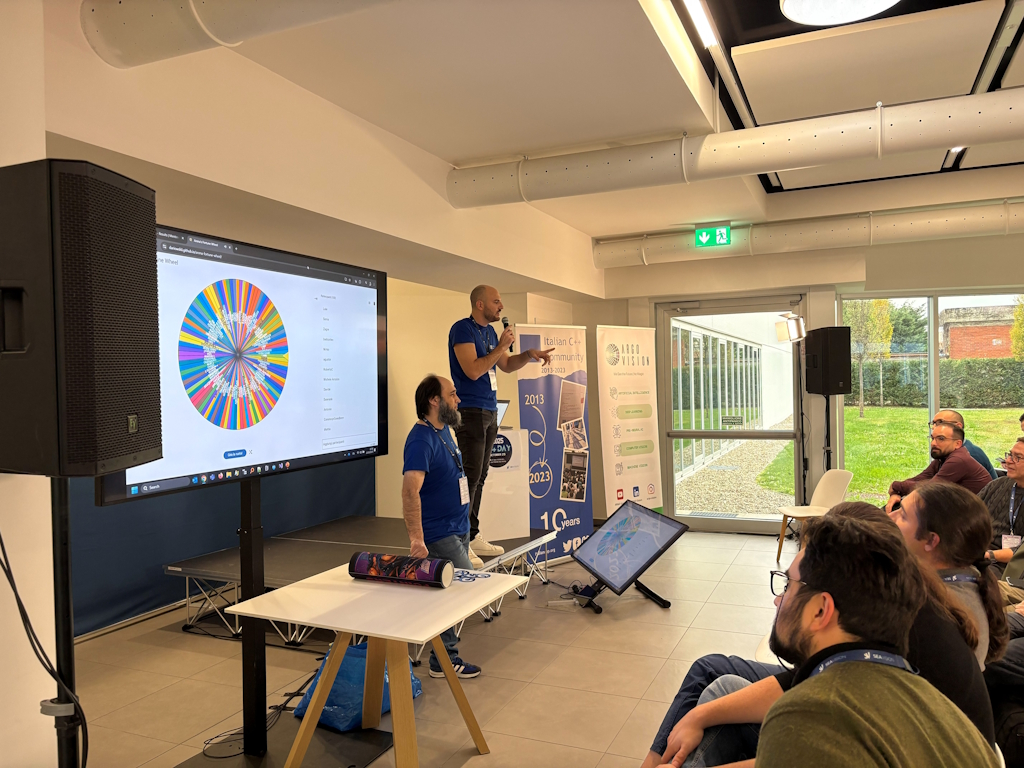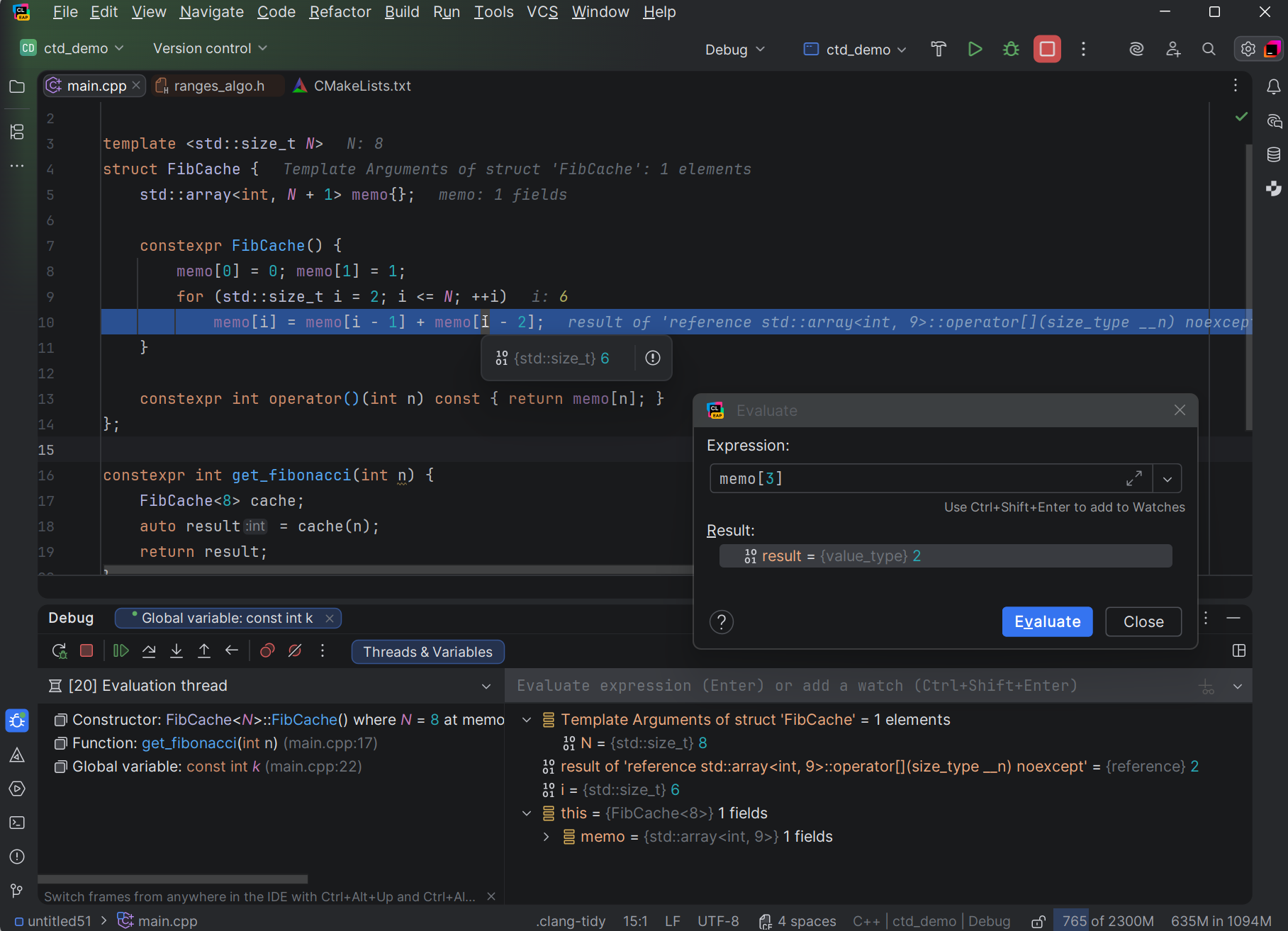The problem with inferring from a function call operator is that -- Raymond Chen
 In this post, we’ll take a closer look at how to extend the earlier callback wrapper mechanism to handle regular function pointers as well as member functions. Along the way, we’ll examine some of the subtleties of inferring function pointer types from callable objects—especially when lambdas with auto parameters enter the picture.
In this post, we’ll take a closer look at how to extend the earlier callback wrapper mechanism to handle regular function pointers as well as member functions. Along the way, we’ll examine some of the subtleties of inferring function pointer types from callable objects—especially when lambdas with auto parameters enter the picture.
The problem with inferring from a function call operator is that there may be more than one
by Raymond Chen
From the article:
Some time ago, I wrote briefly on writing a helper class for generating a particular category of C callback wrappers around C++ methods. This particular mechanism used a proxy object with a templated conversion operator to figure out what function pointer type it was being asked to produce.¹
But what about taking a
std::invoke‘able object and inferring the function pointer from the parameters that theinvoke‘able’soperator()accepts?Sure, you could try to do that, but there’s a catch: There might be more than one
operator().The common case of this is a lambda with
autoparameters.RegisterCallback( CallableWrapper([](auto first, auto second, auto third) { ⟦ ... ⟧ }, context);

 This post chronicles a month-long experiment using C++26 reflections to automate the generation of pybind11 bindings, blending the promise of modern metaprogramming with real-world complexity. It offers a candid look at what worked beautifully, what fell short, and what future language features could make reflection-driven automation even more powerful.
This post chronicles a month-long experiment using C++26 reflections to automate the generation of pybind11 bindings, blending the promise of modern metaprogramming with real-world complexity. It offers a candid look at what worked beautifully, what fell short, and what future language features could make reflection-driven automation even more powerful. Over the last two posts, we explored different implementations of the observer pattern in C++.
Over the last two posts, we explored different implementations of the observer pattern in C++. 





 The new Constexpr Debugger available in the first CLion 2025.3 EAP build allows you to stay in the compiler’s world and see what really happens – by stepping through evaluation, inspecting values, and confirming which if constexpr branch fired. Using it helps you understand exactly what the compiler is doing and fix issues faster.
The new Constexpr Debugger available in the first CLion 2025.3 EAP build allows you to stay in the compiler’s world and see what really happens – by stepping through evaluation, inspecting values, and confirming which if constexpr branch fired. Using it helps you understand exactly what the compiler is doing and fix issues faster.